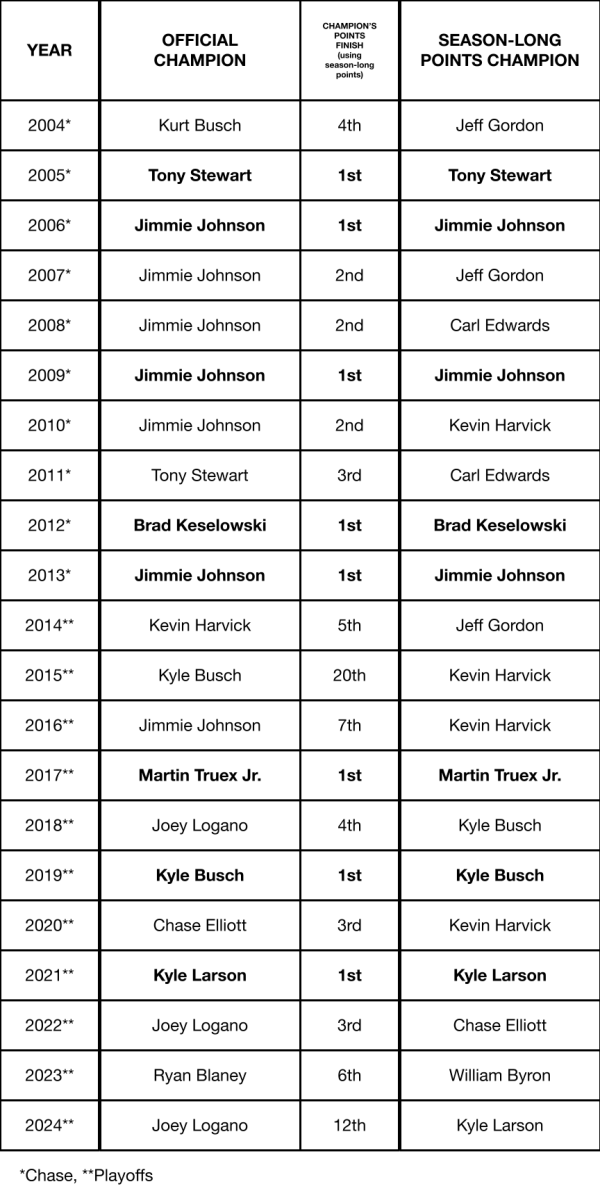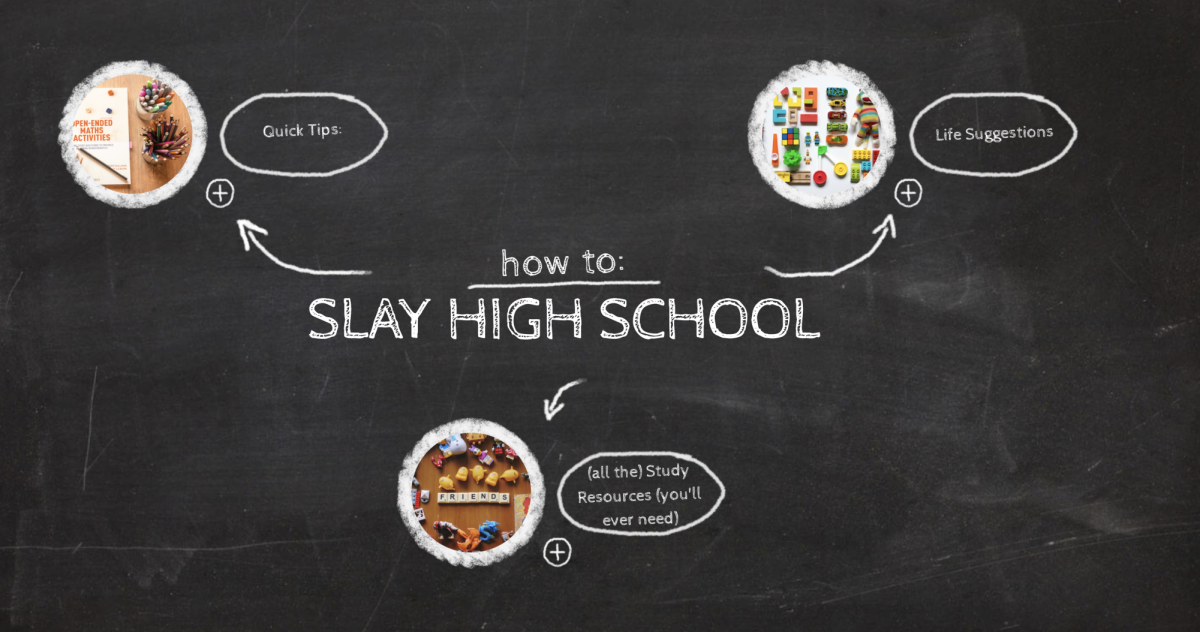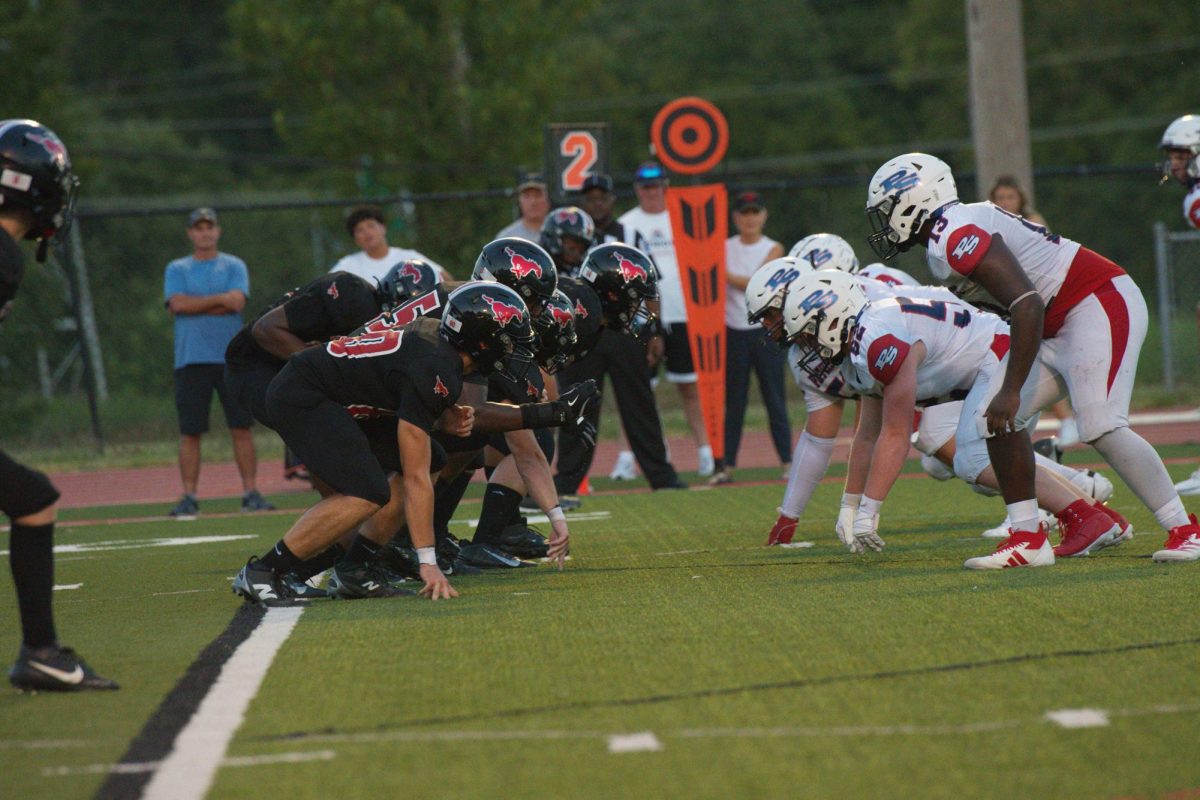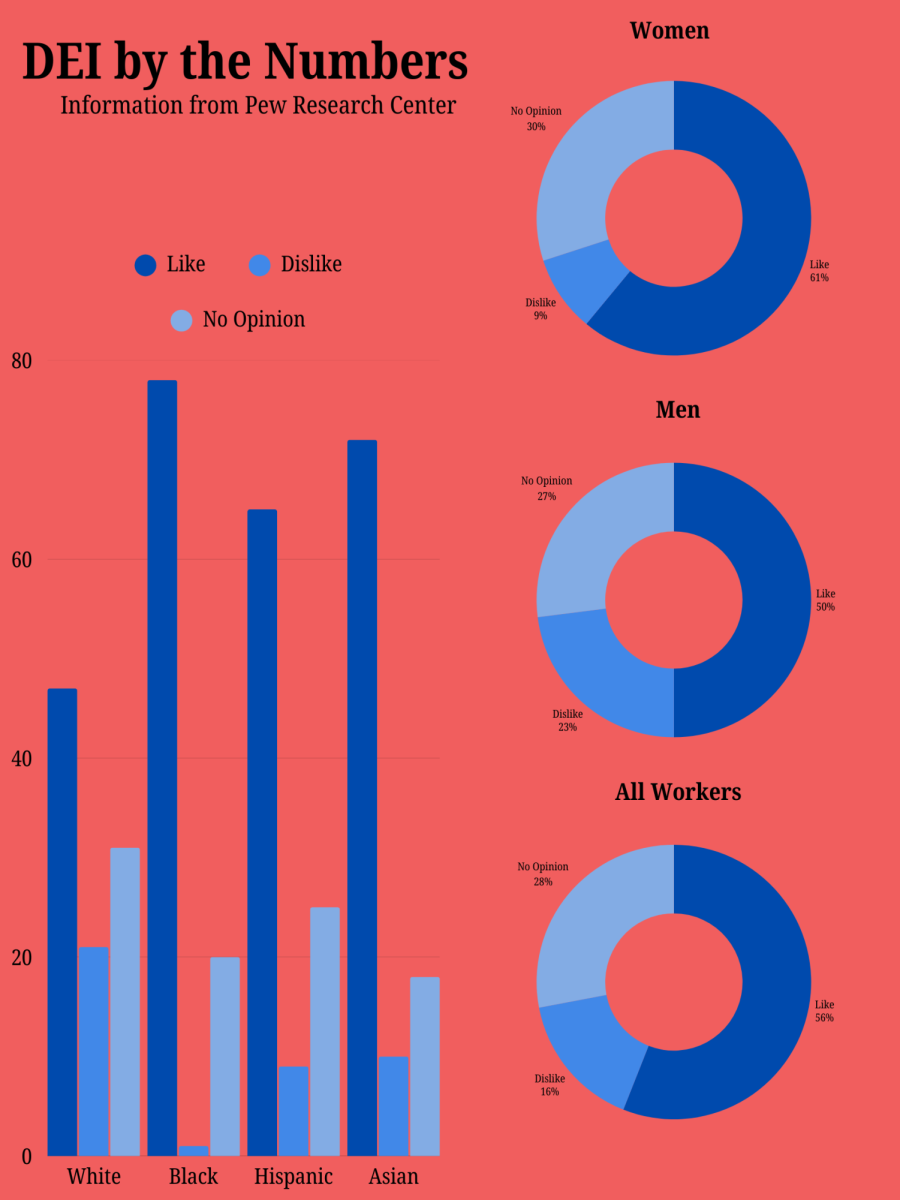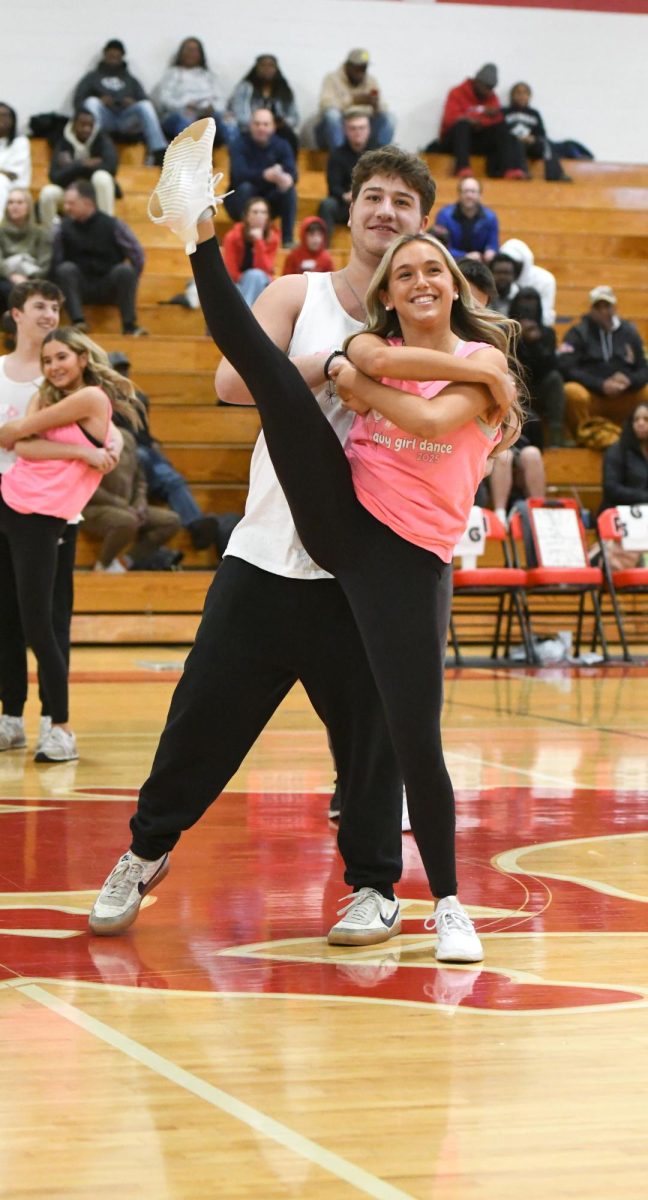Teenagers require 8-10 hours of sleep in order to wake up well-rested. For high schoolers to consistently meet this need, both the American Academy of Pediatrics and the American Academy of Sleep Medicine state that schools should start no earlier than 8:30 a.m.–nearly an hour ahead of Parkway high schools’ 7:35 a.m. starting time.
Starting school at a time where healthy sleep is harder for students to achieve means they’re more likely to experience the effects of insufficient rest. According to a National Education Association article, “Students without enough sleep are more likely to suffer from symptoms of depression, perform poorly in school, and not engage in daily physical activity.”
Since sleep has influence over the mental state, physical health, and academic performance of students, waking up at a time that may not allow for enough rest can impact several factors of their daily lives.
Amy Brecher, a teacher at Parkway Central High School and a parent of two children, has seen the consequences of insufficient sleep in both her students and kids.
“Obviously, when you don’t get enough sleep, you’re not in the best mood, you’re crabbier. And I think school-wise, it’s just harder to focus and concentrate when you haven’t gotten enough sleep,” Brecher said.
The task of falling asleep itself may be harder for students. An early bedtime is required in order to wake up early, but remain well rested. In contrast, the National Library of Medicine states that, “Research findings suggest that changes occur in the ‘biological clock’ during adolescence. As a result, teenagers have a natural tendency to fall asleep later and to wake up later. This is referred to as sleep phase delay.”
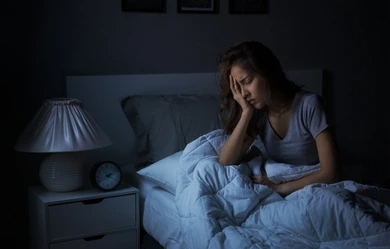
This delay in sleep aligns with the reasons Brecher attributes to students being unable to get consistent sleep.
“I think it’s more difficult, and some of that’s because of their busy schedule, and I think some of that’s just their own doing, like they stay up too late for whatever reason. But I definitely think that it’s harder for them to get enough sleep and stay on a good sleep schedule,” Brecher said.
Getting good sleep can be even more stressful for students who need to arrive at school earlier. Sophomore Eli Ross, a member of the PCH Color Guard, attends Marching Band practices at 6:30 a.m. Ross estimates that they usually get five hours of sleep each night.
“When I’m well rested, I’m not like, passing out during class, but a lot of the time I’ll be taking important tests or something and I’ll literally be like, passing out as I’m writing stuff down. It’s horrible,” Ross said.
Additionally, Central Middle School starts at 8:20 a.m, so freshmen participating in Marching Band’s early rehearsals come to school nearly two hours before the time they were accustomed to. Doug Hoover, the band director, mentions that this adjustment conflicts with these students’ ability to sleep.
“Most students aren’t accustomed to getting up really early. You know, it wasn’t that many years ago that the middle school started at 7:20, and so the change from 7:20 to come in at 6:30 was not nearly a start. Now, when the middle school starts so much later, that first year is a shock to the system, I think,” Hoover said.
While allowing students to get the sleep they need is important, changing the schedule isn’t a simple matter.
A few of Parkway’s elementary schools start at the same as the high schools. However, Parkway’s Director of Transportation, Stephen Jones, explains that the schools are generally divided into different times.
“So we do three tiers here….high school, middle school, and elementary. We have to make sure that, we drop high school kids off and then get to our next school, which is gonna be middle school,” Jones said.
With this system, a change in the high school start time would have a domino effect on the bus routes.
“It would run into the middle school stops that we do. So as a three tier, it would run into the other schools. Middle school and elementary, it would make the kids wait for those stops,” Jones said.
Since middle schoolers and high schoolers have the same sleep needs, and both middle and high schools occupying the same tiers may not work. Being forced to pick which schools have times that allow for students to get healthy sleep is a hard decision.
Although teens naturally fall asleep earlier, delaying the starting time of school could potentially push certain activities back too late.
“All of your games, all of your concerts would probably be later during the week. So that’s not a 100% win just by starting later,” Hoover said. “I don’t know, we’ve never done it, but I think that would be one of my concerns about if school started later. I’m not against it, but I’d be concerned about it.”
Overall, starting Parkway high schools at a later time could benefit students in multiple different ways. Sleep is crucial for students, not only to perform their best academically, but to feel good both physically and mentally. However, with the conflict that changing the high school’s start time would cause, and the potential for after-school activities to run too late means that starting at the expert-recommended time may not be possible.


